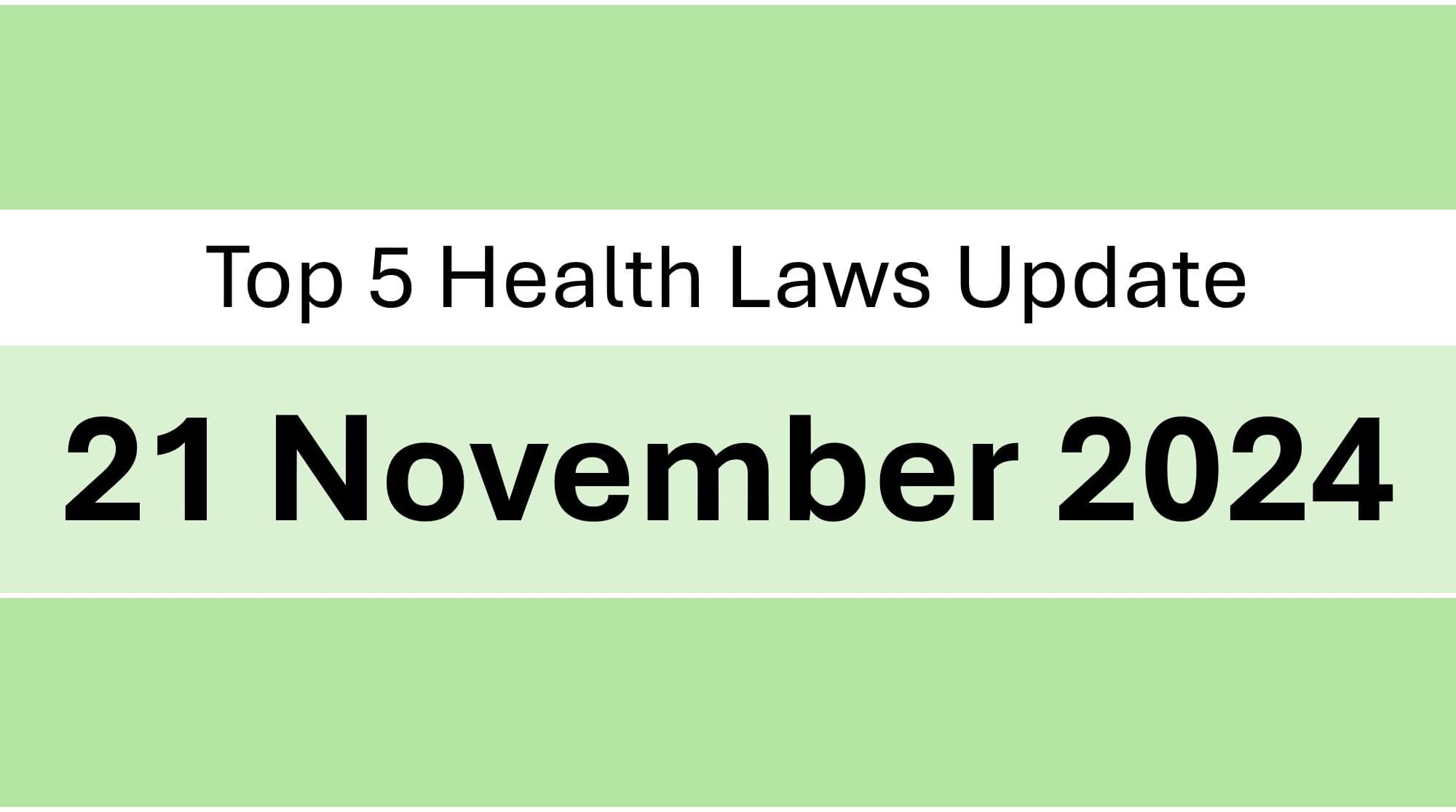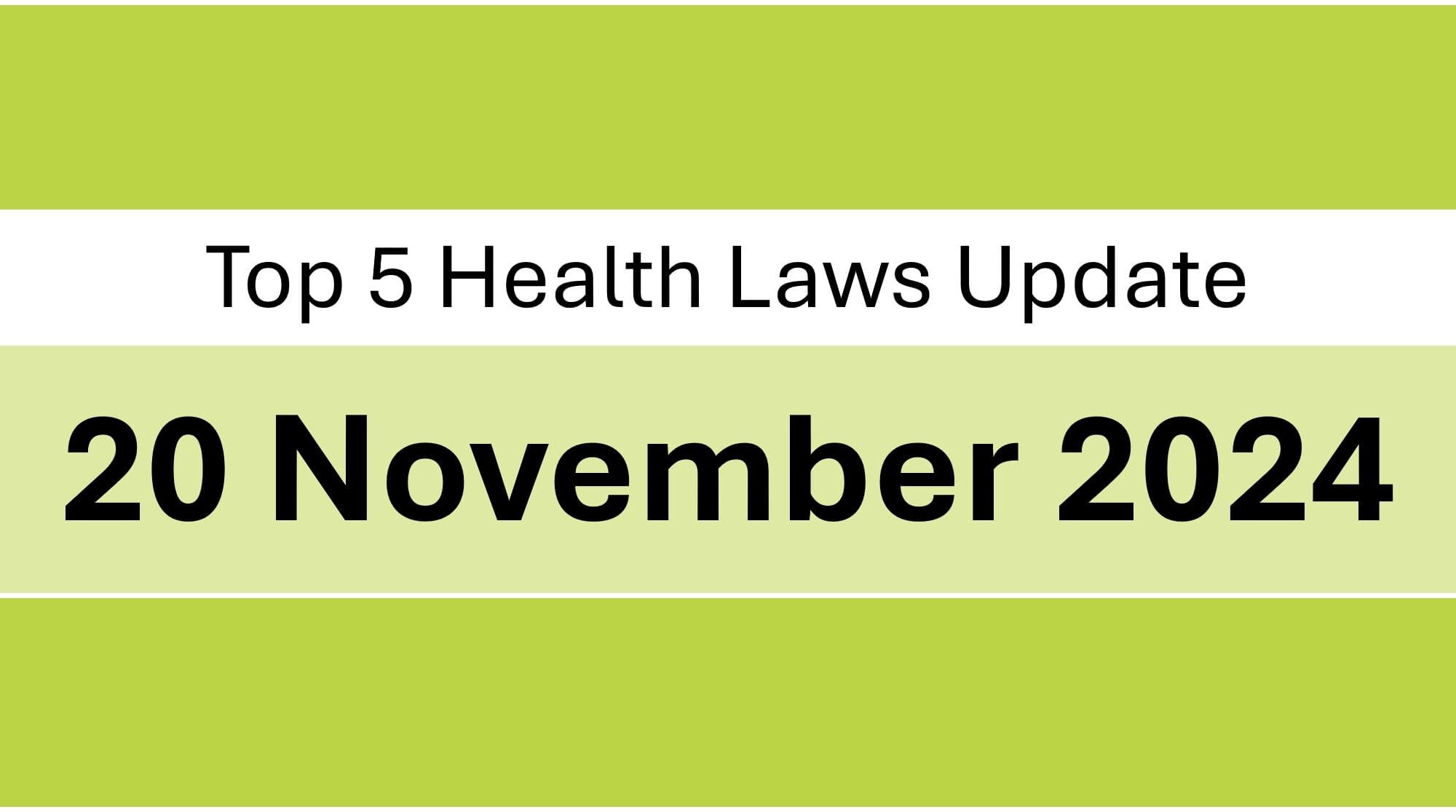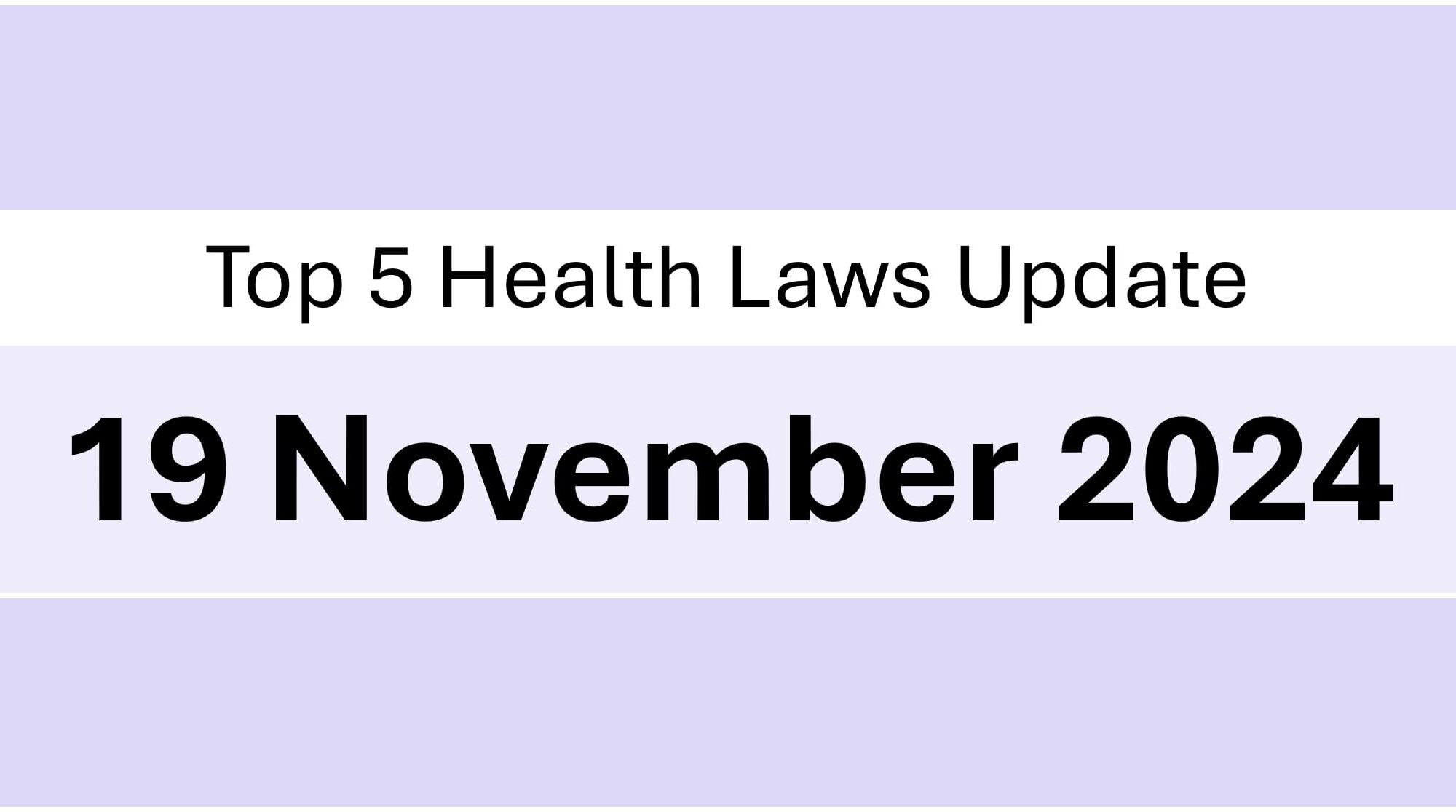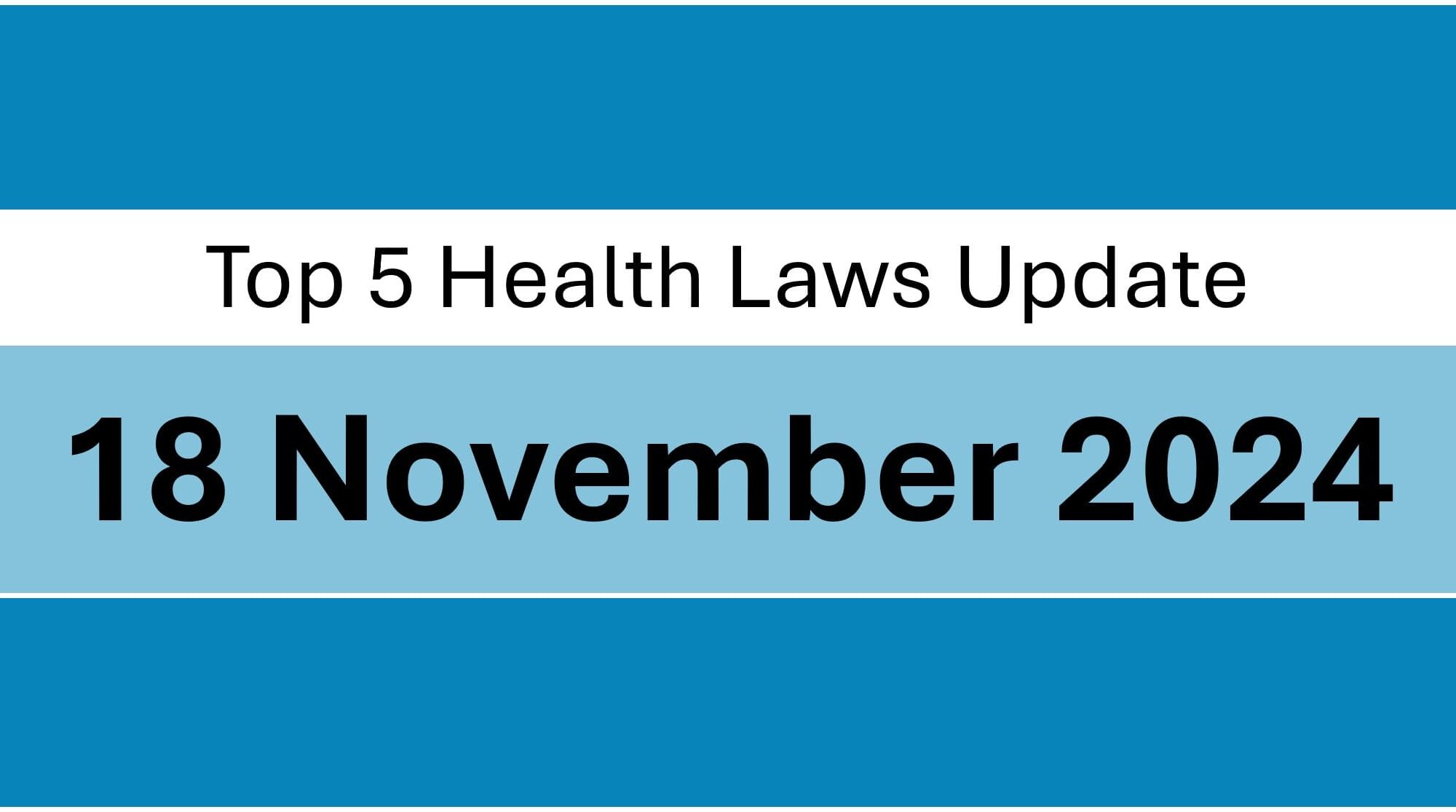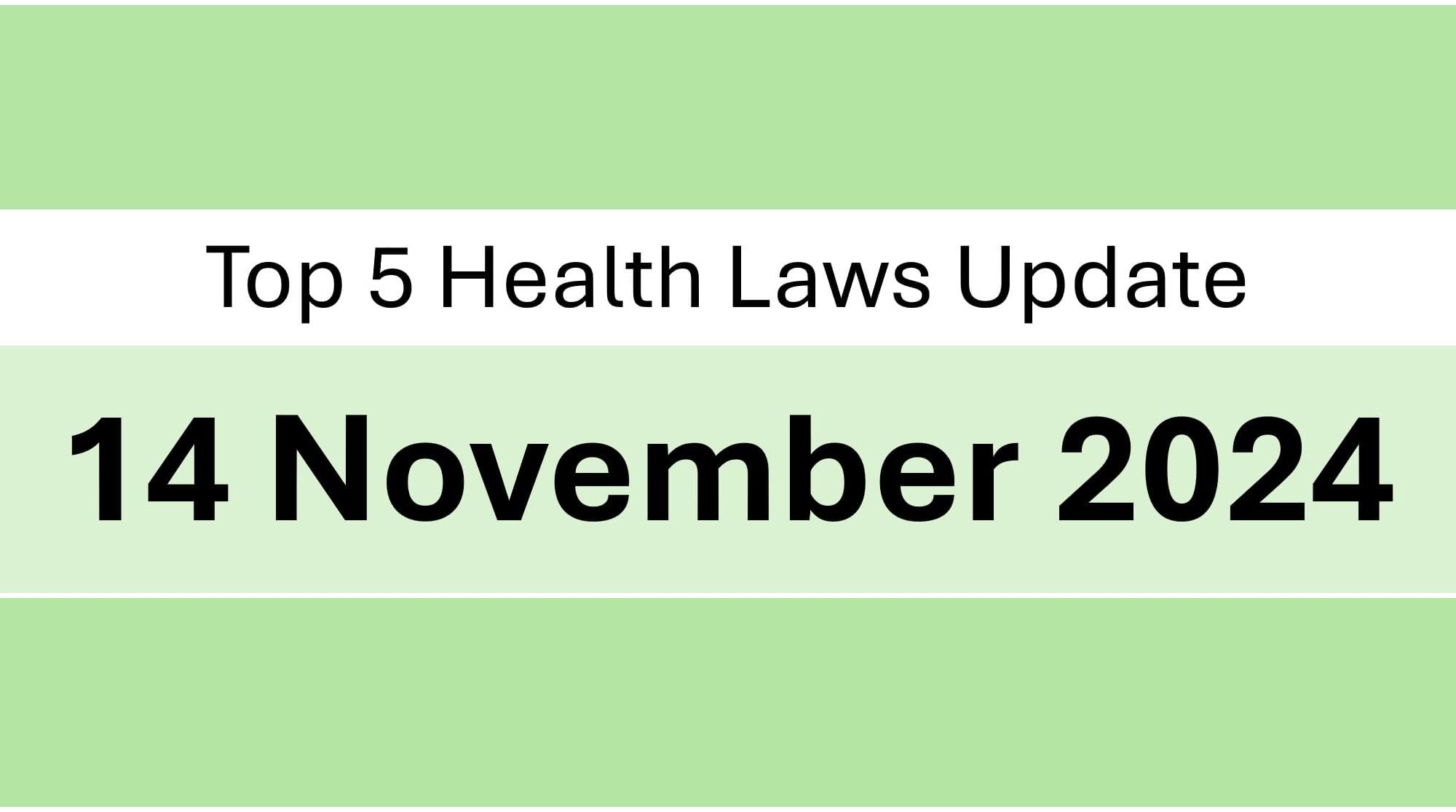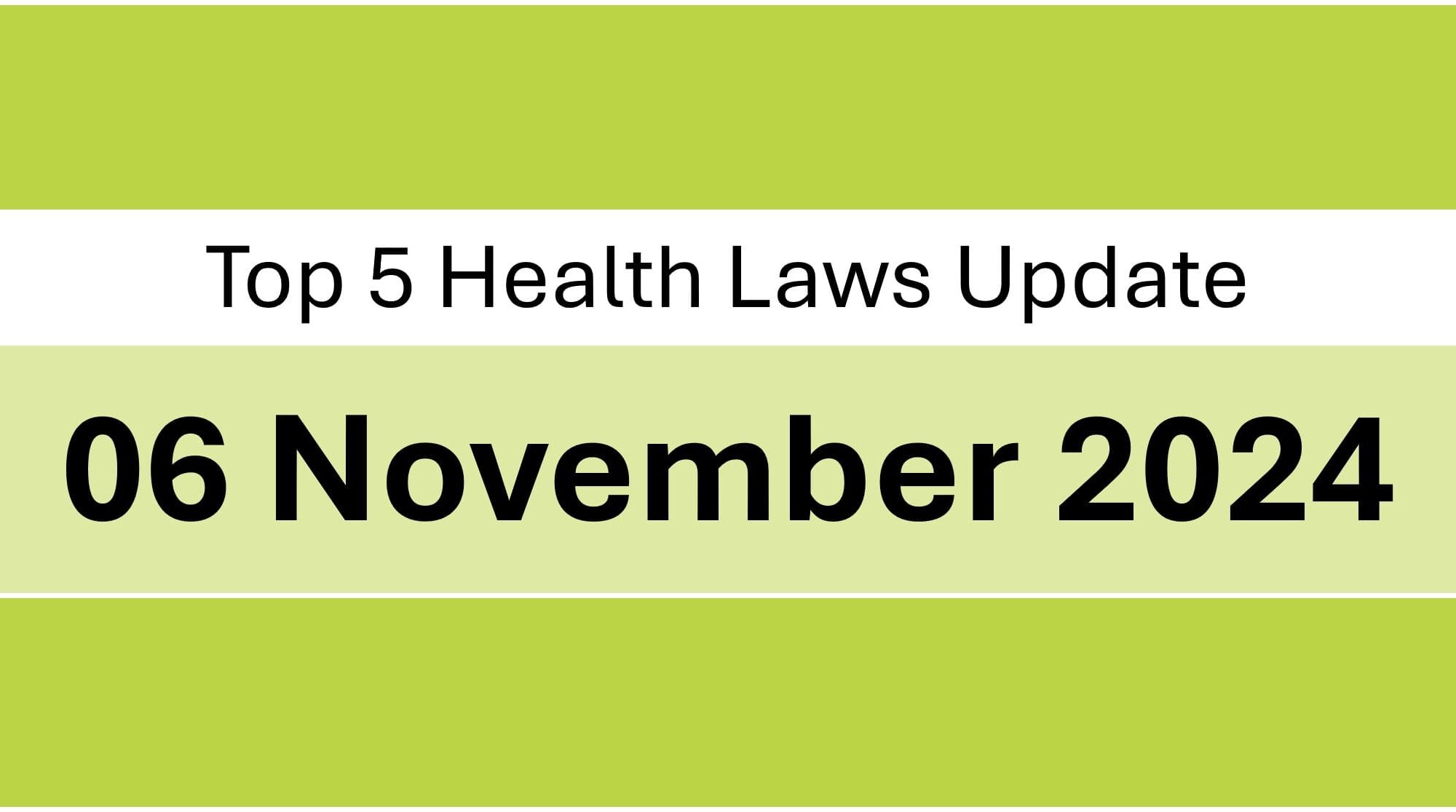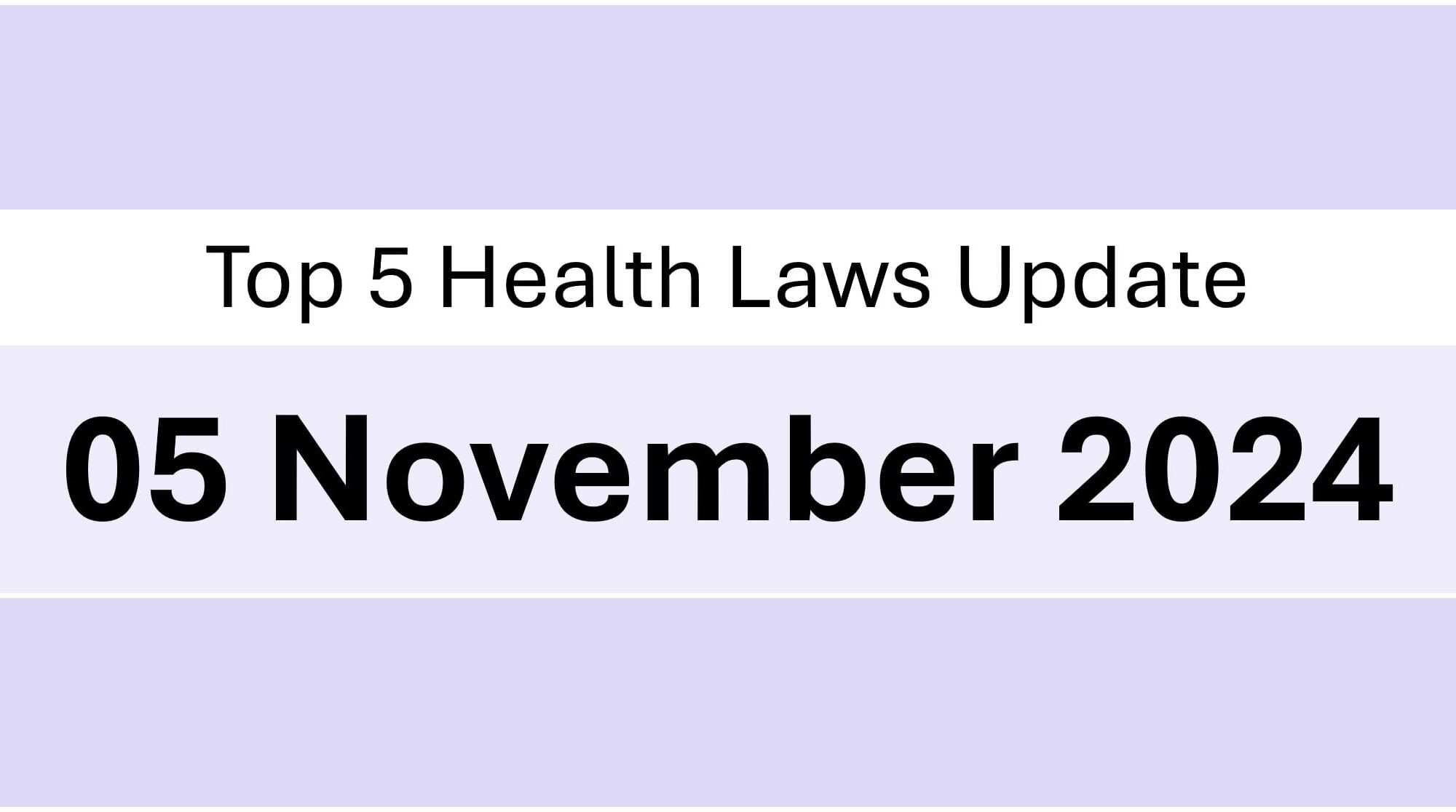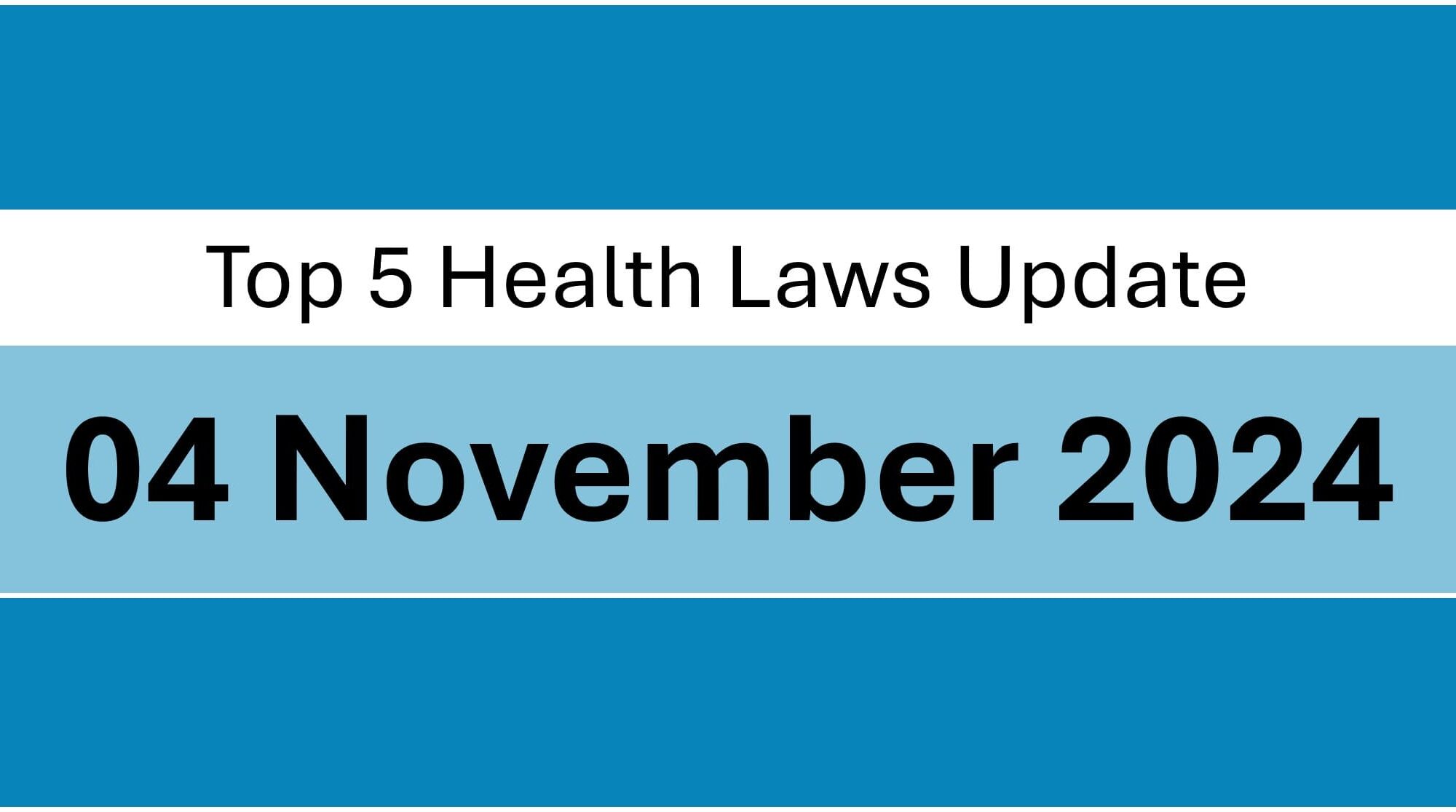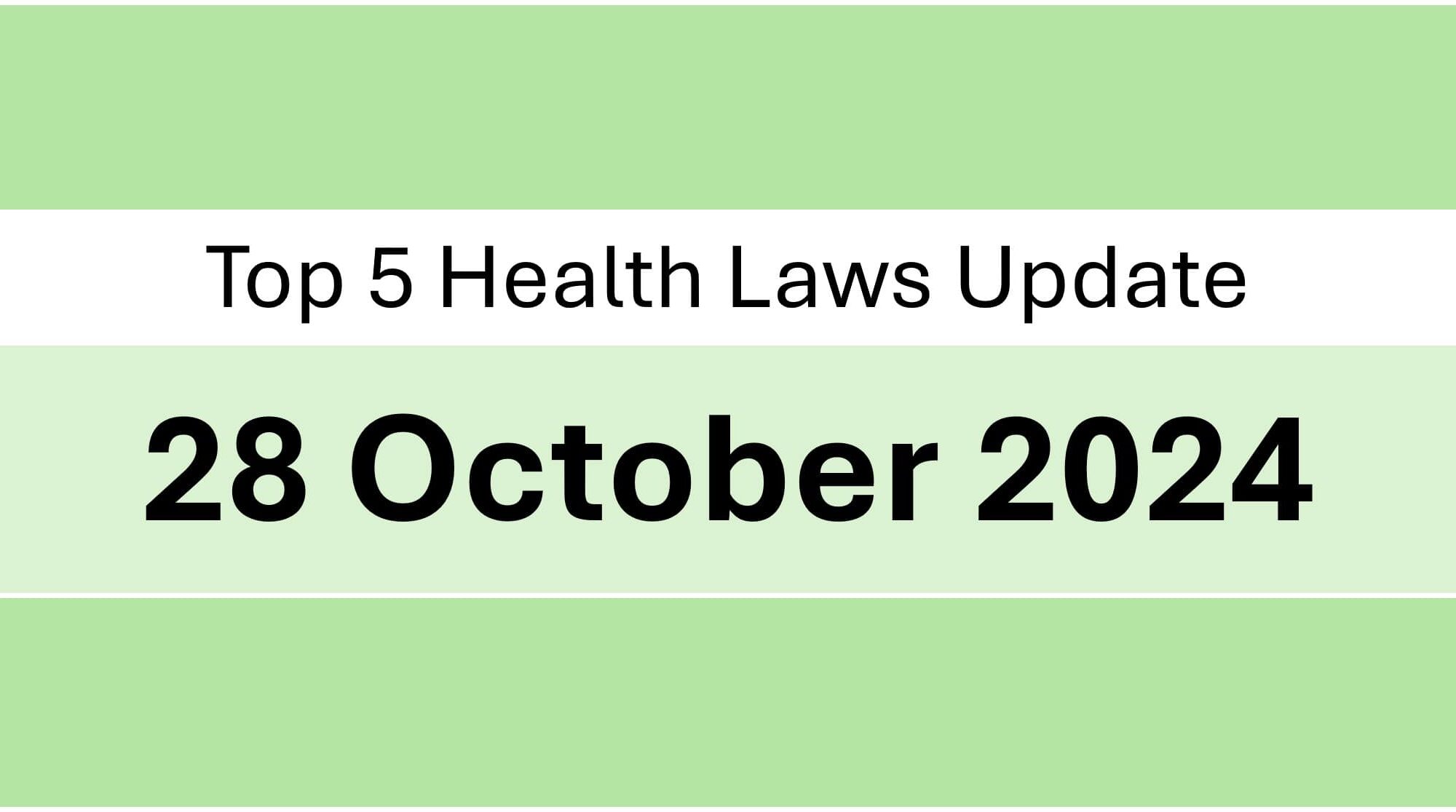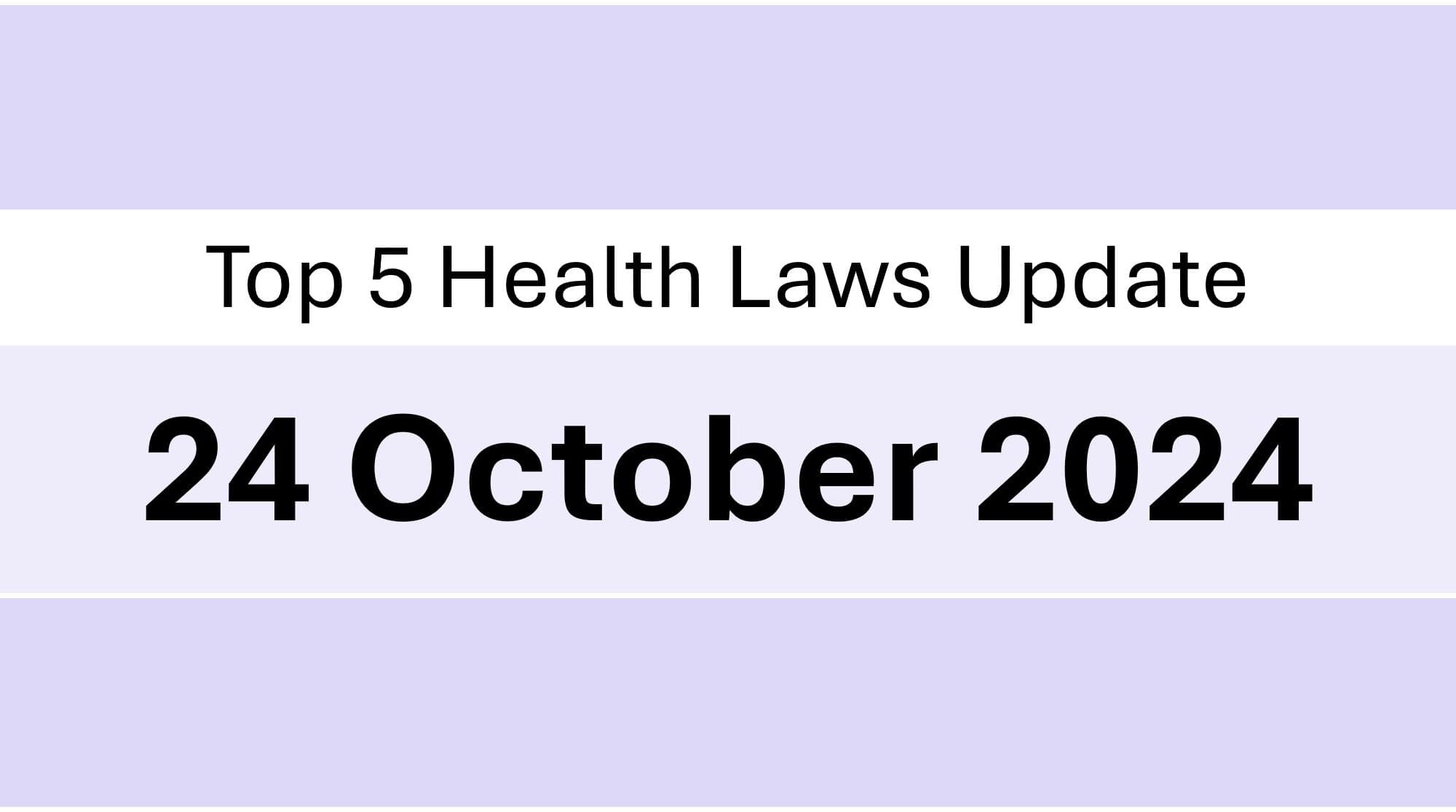Dear Readers, we are happy to share the most interesting legal and policy updates concerning health industry that we read today. we hope you enjoy reading it.
1. The Drugs Controller General of India (DCGI) has directed the cosmetics industry to follow regulatory protocols and warned them against making “unusual and misleading claims” about the product that may overlap with the pharmaceutical sector. During a meeting with the cosmetics industry, the industry stakeholders sought relaxation of strict regulations for imported cosmetics, citing frequent custom rejections and significant financial losses.
Source: bit.ly/4eBnhBK
2. The Indian Pharmacopoeia Commission (IPC) has announced the implementation of the Pharmacovigilance Guidance Document for Marketing Authorization Holders (MAHs). Version 2.0, will be effective from 1st February 2025. The document aims to strengthen the pharmacovigilance systems of MAHs in India.
Source: bit.ly/4hRV1xH
3. The Pharmacy Council of India (PCI) has directed all registered pharmacists to verify their profiles on DIGI-PHARMed portal with their Ayushman Bharat Health Account (ABHA) numbers within 45 days. This verification aims to integrate pharmacists with the Healthcare Professional Registry (HPR).
Source: bit.ly/4fOxgVk
4. The U.S. Food and Drug Administration (FDA) has issued a warning to an Indian pharmaceutical company for manipulating product data, reports, and relevant details, as well as violating Current Good Manufacturing Practice (CGMP) regulations for finished pharmaceuticals.
Source: bit.ly/491sW2M
Source: bit.ly/4i249j5
5. The U.S. Food and Drug Administration (FDA) has issued a warning to a Chinese drugmaker for restricting investigators’ access to its facility and records, as well as limiting photography during a recent inspection. The manufacturer received a warning letter outlining significant violations of Current Good Manufacturing Practice (CGMP) guidelines for finished pharmaceuticals.
Source: bit.ly/491sW2M
Source: bit.ly/4i249j5

